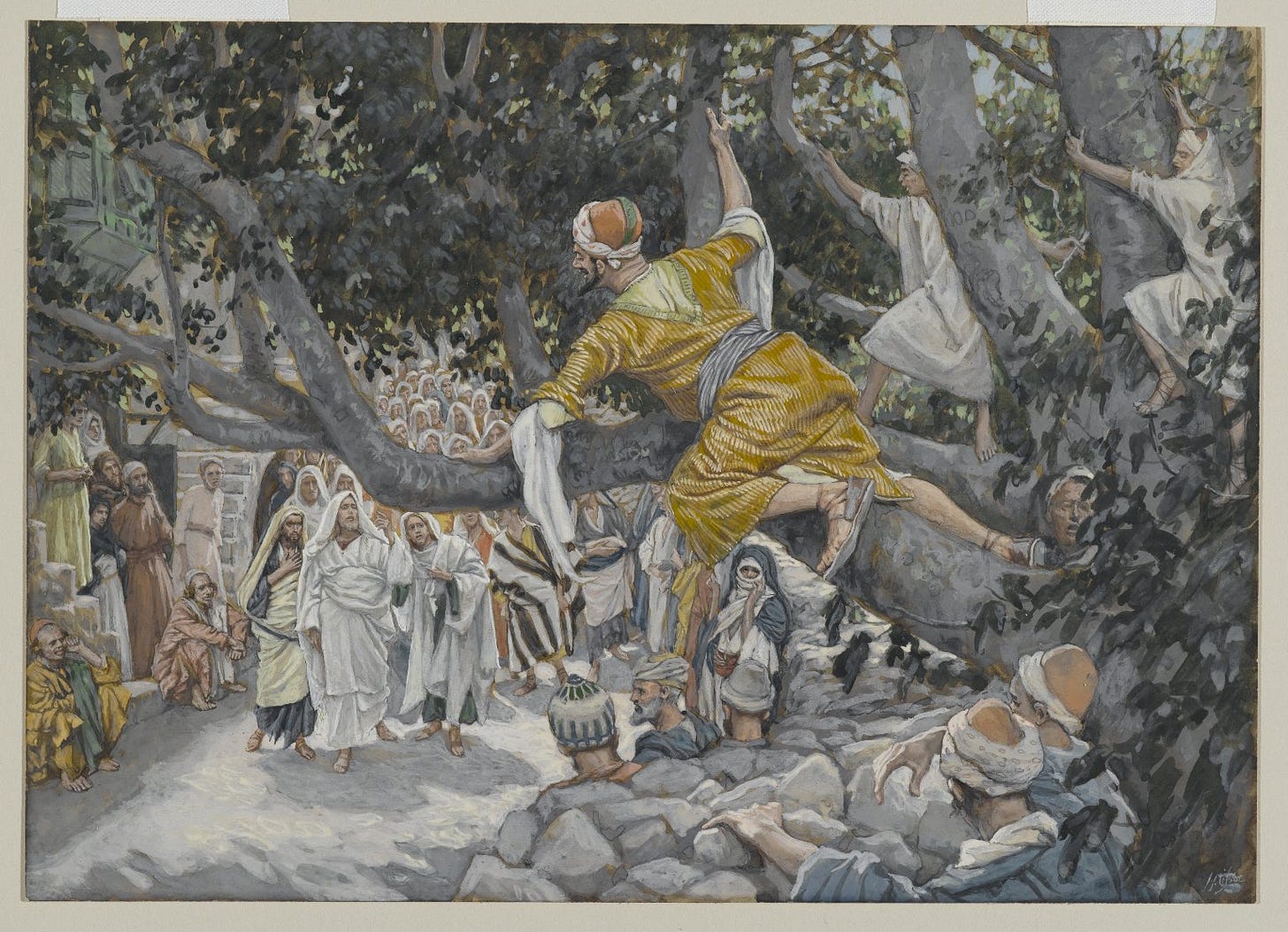
The image of Jesus that exists in the minds of many people, both believers and non-believers alike, is that of someone who is kind, gentle, and endlessly patient. He is widely believed to be one of the most tolerant figures in all of history. This perception exists because, in the Gospels, we see Him loving the outcasts, forgiving sinners, eating with people considered unclean, sinful, and even traitorous, and welcoming individuals from all backgrounds. This picture is absolutely true in many ways. Jesus did indeed show deep compassion for the poor, the sick, and those whom society had rejected.
However, when we take a closer look at the Gospels, we find something surprising to many: Jesus was very intolerant of certain attitudes, behaviors, and systems that contradicted the heart of God’s kingdom. In this article, I want to focus on some of the things that Jesus stood against, and why it matters.
Before we dive into the specific areas where Jesus showed intolerance, it is important to understand why He was intolerant. The central theme of Jesus’ teaching was the Kingdom of God. Jesus came to earth to inaugurate the Kingdom of God through His life, death, and resurrection. Therefore, anything that distorted the vision of the Kingdom of God, a reality defined by love, justice, and holiness, harmed people, or blocked them from coming to God, provoked His intolerance.
What we must understand is that this intolerance was not for the sake of exclusion, but rather, it was born out of love. It was meant to confront what dehumanized, divided, deceived, and led people away from God. Keeping this in mind, let us look at some of the things that evoked Jesus’ intolerance.
Hypocrisy
Jesus was uncompromisingly intolerant of hypocrisy, especially among the religious leaders of His time. In Matthew 23, He unleashes a series of “woes” against the Pharisees, calling them “blind guides” and “hypocrites” who “strain out a gnat but swallow a camel” (Matthew 23:24). What led to such sharp rebukes from Him was their obsession with external obedience to the law and ritual (such as tithing herbs), while neglecting the weightier matters of the law like justice and mercy.
However, Jesus’ intolerance of hypocrisy extended beyond the Pharisees. He also challenged His own disciples when their actions did not match their words. In Matthew 16:23, He rebukes Peter harshly, saying, “Get behind me, Satan,” when Peter tries to dissuade Him from the cross. This was not merely a critique of Peter’s misunderstanding, but a rejection of any mindset that prioritized appearances or comfort over God’s will and purpose. Jesus could not tolerate hypocrisy because it cheapens faith, misleads others, dishonors God, and in many ways leads people away from Him.
Greed and Exploitation
The cleansing of the temple (Matthew 21:12–13) is one of the most dramatic displays of Jesus’ intolerance. Here we find Jesus not merely speaking against the money changers, but physically driving them out of the temple. The issue was not just the misuse of the temple but also the problem of greed that exploited the vulnerable. Only the temple shekel was accepted in the temple, and for that, people had to exchange the money they had brought from different places. The money changers would charge exorbitant rates, profiting from the worshipers.
Jesus’ intolerance of greed extended beyond the temple. In Luke 12:15, He warns, “Watch out! Be on your guard against all kinds of greed; life does not consist in an abundance of possessions.” His parable of the rich fool (Luke 12:16–21) condemns those who hoard wealth while neglecting their soul’s relationship with God. Jesus had no patience for greed because it is not just a personal failing, but an evil that prioritizes profit over people and affects others not only materially but also spiritually.
Unrepentant Sin
We are well aware of Jesus’ love for sinners. However, His tolerance had limits when it came to unrepentant sin. He welcomed the tax collector Zacchaeus (Luke 19:1–10) and forgave the woman caught in adultery (John 8:1–11), but in both cases, He called for transformation. To the woman, He said, “Go now and leave your life of sin.” To Zacchaeus, His presence prompted a voluntary commitment to restitution.
In Luke 13:3–5, Jesus is blunt: “Unless you repent, you too will all perish.” Jesus is not threatening people, but is warning them out of love, indicating that unrepentant sin leads to spiritual death. The parable of the unforgiving servant (Matthew 18:21–35) again displays Jesus’ intolerance of sin that refuses to change. In today’s culture, unrepentant sin is often treated as trivial, but Jesus viewed it as a serious obstacle to reconciliation with God, and He refused to leave it unaddressed.
Pride and Self-Righteousness
Pride and self-righteousness were anathema to Jesus. In Luke 18:9–14, He tells a parable in which a Pharisee and a tax collector go to pray. The Pharisee, full of self-righteousness, boasts about his piety, while the tax collector recognizes his sinfulness and begs for mercy. Jesus praises the tax collector’s humility while critiquing the Pharisee’s attitude. Similarly, when the disciples argued over who was the greatest (Mark 9:33–37), Jesus rebuked their pride, saying, “Anyone who wants to be first must be the very last, and the servant of all.”
Jesus’ intolerance for pride and self-righteousness stems from the fact that they are completely contrary to God’s kingdom. Pride blinds people to their need for grace and elevates them above others. It contradicts love and equality, which are central to Jesus’ teaching and life in the Kingdom of God. He could not tolerate attitudes that led to deception and division.
Injustice and Oppression

Jesus was not only intolerant of personal sin or hypocrisy; His intolerance extended to systems and attitudes that oppressed the vulnerable. He frequently confronted religious leaders who placed heavy burdens on people through strict rules, yet offered no real help (Matthew 23:4). In the parable of the Good Samaritan (Luke 10:25–37), Jesus exposed the failure of the religious elite to love their neighbor. They walked past a man in desperate need, and Jesus used that story to emphasize the emptiness of right theology without compassion.
Later, when He pronounced woes over the rich who ignored the poor (Luke 6:24–25), or when He warned how hard it is for the wealthy to enter God’s kingdom (Mark 10:25), He revealed how deeply He cared about justice. Jesus could not tolerate injustice and oppression because they dehumanize and leave people broken. His intolerance was a natural response from someone who truly loved the least and the lost.
A Love That Refuses to Remain Silent
As I reflect on these examples (and there are many others such as spiritual complacency, division, lovelessness, hardness of heart, and so on) I realize something profound: Jesus’ intolerance was never fueled by ego, pride, or personal offense. It was not about defending Himself. It was always about defending the truth, protecting people, and honoring God. Hypocrisy twisted the heart of true faith. Greed took advantage of the vulnerable. Sin, when unrepented, severed people’s connection with God. Complacency dulled the heart. Injustice crushed the already burdened. Pride built walls between people. Unbelief resisted the truth. A lack of love fractured the unity God designed for His people.
Jesus could not tolerate these things, not because He was harsh, but because He deeply cared. Each of these realities stood in the way of God’s kingdom, a kingdom built on love, justice, truth, and holiness. Jesus, being fully aligned with the heart of the Father, could not stay silent.
Today, we live in a culture where intolerance is often viewed as the greatest wrong. We are told to avoid offense, to keep the peace, and to accept everything without question. However, when I look at Jesus, I see a better way. His intolerance was not rooted in hate, but it was rooted in love. A love strong enough to confront what harms. A love willing to speak when silence would be easier. A love that does not condemn to prove a point, but calls people home, to healing, to freedom, and to the truth of who God is.
Jesus did not tolerate what destroys. And neither should we. Not out of pride, but out of love.









I really loved reading the pointers you mentioned. Keep writing!